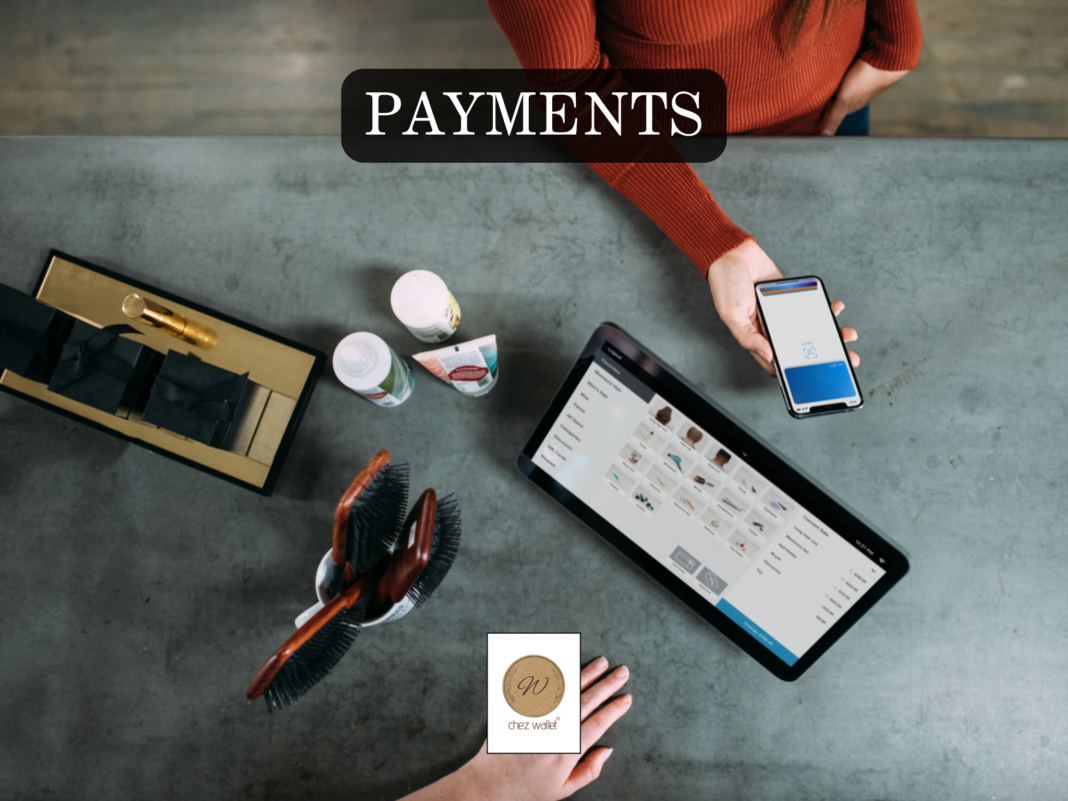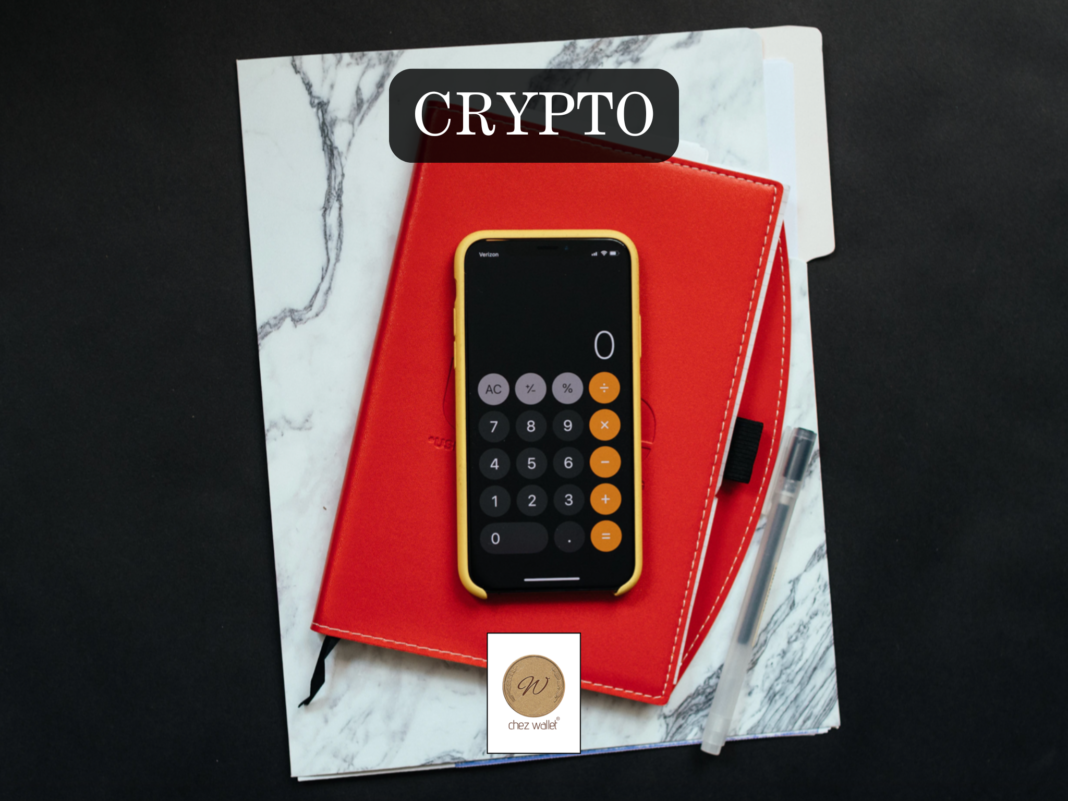In a significant development for Pakistan’s fintech landscape, Haball, a pioneering B2B financial technology platform, has announced the completion of a $52 million raise, comprising both equity and debt financing. The announcement signals a major leap forward for the Karachi-based company, which has been quietly building the financial rails that power B2B commerce in Pakistan’s largely analog business ecosystem.
Founded in 2017 by Omar bin Ahsan, Haball set out to tackle a deeply rooted challenge: the inefficiencies of business-to-business transactions in Pakistan, where cash exchanges, paper-based ledgers, and weeks-long payment cycles remain the norm. In this fragmented and informal environment, Haball has positioned itself as a vital connector—much like its name, which translates to “jugular vein” in Arabic.
The $52 million raise includes $5 million in equity led by Zayn VC—an early investor in the company—alongside Majlis Advisory SPV, private Saudi investors, Pakistani angels, and a local business conglomerate. A remarkable $47 million in debt financing was secured primarily through Meezan Bank, the country’s largest Islamic bank. Notably, this debt financing has been delivered incrementally over the past few years, a strategic approach aligned with Haball’s steady growth milestones such as regulatory licensing, product rollouts, and client acquisition.
Unlike many tech startups that pursue aggressive growth with heavy burn, Haball has deliberately followed a sustainable path. The company avoided dilution by raising capital only when needed, all while maintaining positive unit economics. This conservative and strategic posture appears to be paying dividends.
Today, Haball services over 8,000 small and medium-sized enterprises (SMEs), anchoring major supply chains across sectors like FMCG, construction, pharmaceuticals, and energy. Its clientele includes multinational brands like Coca-Cola, which depend on Haball’s infrastructure to process payments, automate invoicing, and now, access Shariah-compliant lending.
Haball’s platform is built on three key pillars. First, it functions as a payments aggregator that digitizes B2B transactions between manufacturers and SMEs. Second, it operates a licensed digital invoicing system—issued by the Federal Board of Revenue (FBR)—that automates billing processes and improves transparency. Finally, Haball enables supply chain financing by leveraging invoice data to offer working capital solutions, helping businesses overcome liquidity constraints.
What sets Haball apart is not just its product suite, but the underlying strategy. The company refrains from risky balance-sheet lending and instead partners with regulated banks like Meezan Bank. This allows it to offer financing without bearing direct credit risk—an approach that reduces operational stress while opening up access to deep pools of capital.
Haball is now seeking to expand into the GCC (Gulf Cooperation Council) region, where demand for Islamic supply chain financing is on the rise. With a fully Shariah-compliant and locally validated model, the company is well-positioned to serve businesses looking for ethical and digitized alternatives to conventional credit models.
In parallel, Haball is pursuing a license to become a Payment Initiation Service Provider (PISP) through Pakistan’s Raast instant payment system. This move will give Haball the ability to initiate digital payments directly from customers’ bank accounts, reducing its dependency on traditional banking infrastructure and improving transaction efficiency.
With its capital raise finalized, Haball now aims to double down on infrastructure development across its core areas—payments, invoicing, and financing. As Pakistan pushes towards a more digital and inclusive financial ecosystem, Haball’s technology is poised to become the backbone for B2B commerce, potentially reshaping how money moves through the economy.





